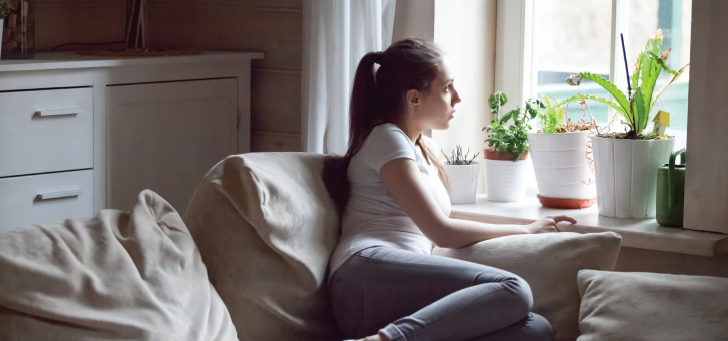
Thankfully Liah took herself off to the emergency room. An MRI found that Liah had suffered a major stroke that had damaged 5 percent of her brain. Sadly, these frightening situations are the reality faced by thousands of young Australian stroke survivors every year.
Dr Karen Borschmann, Research Officer in the ‘A Very Early Rehabilitation Trial’ (AVERT) Research Group, and her team have been working with young stroke survivors to prioritise what should be included in a new health service specifically designed for younger people.
“For most young people having a stroke is very isolating. Stroke services are tailored for older people and they don’t always address the needs of young people. Strokes in younger people can strike as they embark on major milestones. They could be building a family, working or getting married and all of a sudden, they are facing a major catastrophic life event,” says Dr Borschmann.
With your help, The Florey’s Young Stroke Health Service Project is co-designing a health service for young stroke survivors.
“It’s pretty tough, I look like an average 25-year-old. People think to be sick you have to look sick but that’s not the case. When I was in hospital, they didn’t even put me in the stroke ward, because they didn’t want to freak me out. The hospital staff didn’t know what to do with me,” explains Liah.
Like many young stroke survivors, Liah doesn’t have impaired motor skills. Her deficits are invisible. They include debilitating things like memory loss, fatigue, social anxiety and depression.
“It’s not just about the actual illness or disabilities that are affected by stroke. It is also about attitudes and experiences. The community doesn’t understand that stroke can happen at any age. It’s not just the physical, it’s about getting back to life,” says Dr Borschmann.
The Florey has had some big wins in stroke over the last decade, establishing the stroke telemedicine service benefiting Australians in regional and remote locations, developing stroke recovery therapies, and novel sensory retraining programs. The Florey is also conducting clinical trials, early rehabilitation interventions and has created a collaborative network around Australia.
Sadly, we can’t change the traumatic experiences Liah and so many others have faced. What we can do is use their stories to better inform frontline workers, connect survivors and provide adequate support services. That is just what The Florey hopes to achieve through much-needed research.
Your generosity and belief in a healthier, more resilient future for younger Australians will really make a difference in the lives of young Australians. Donate now.
